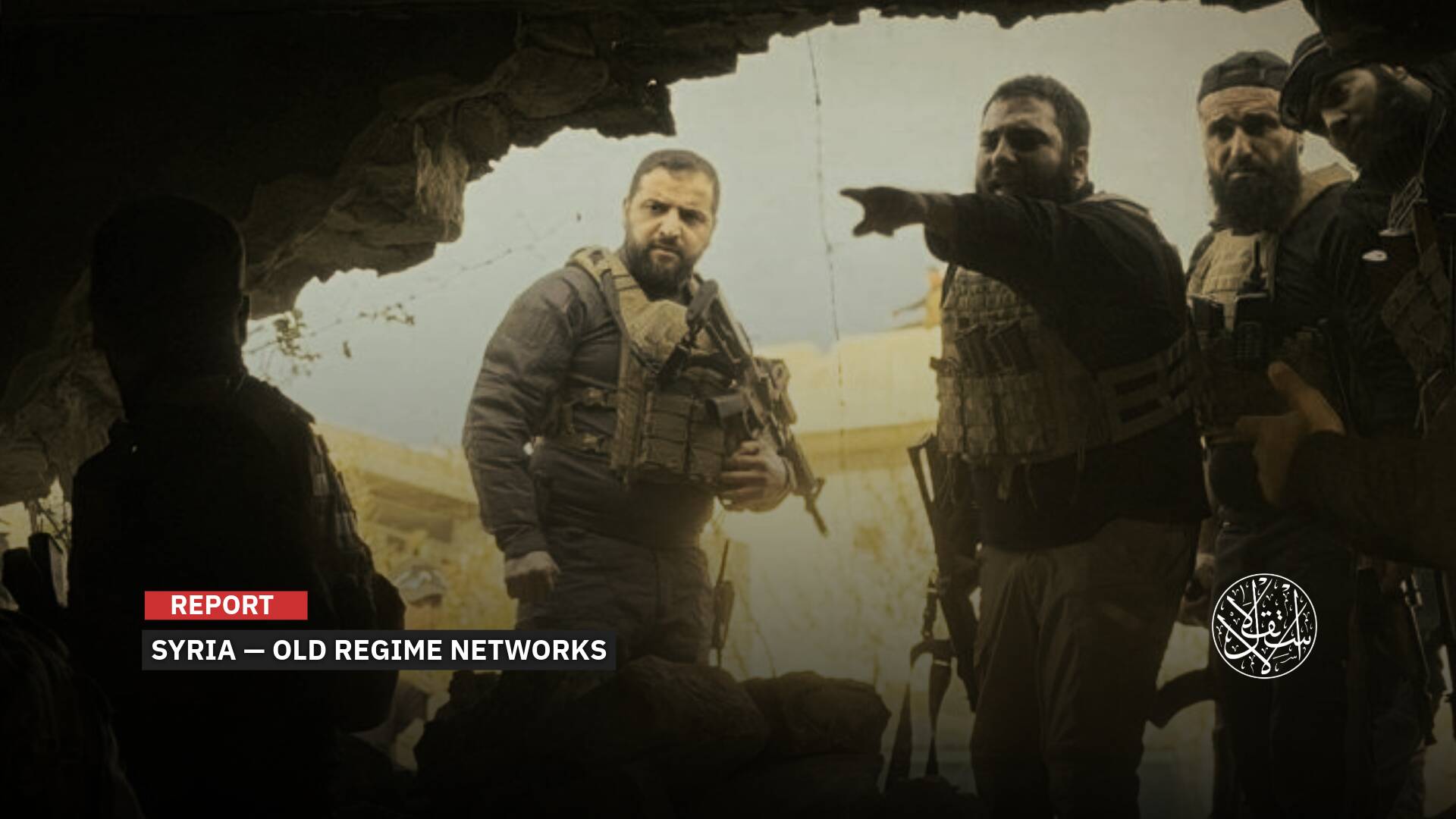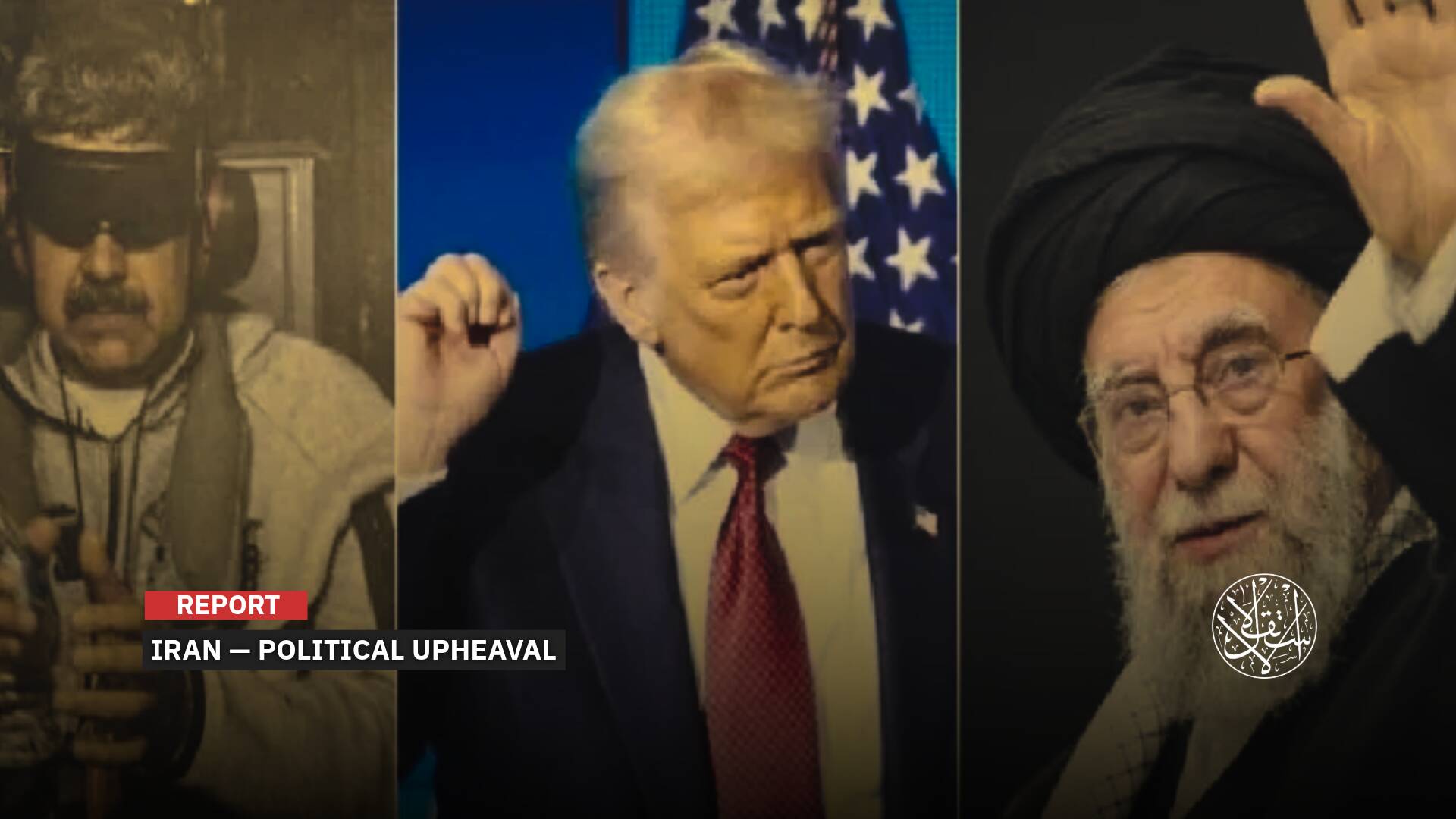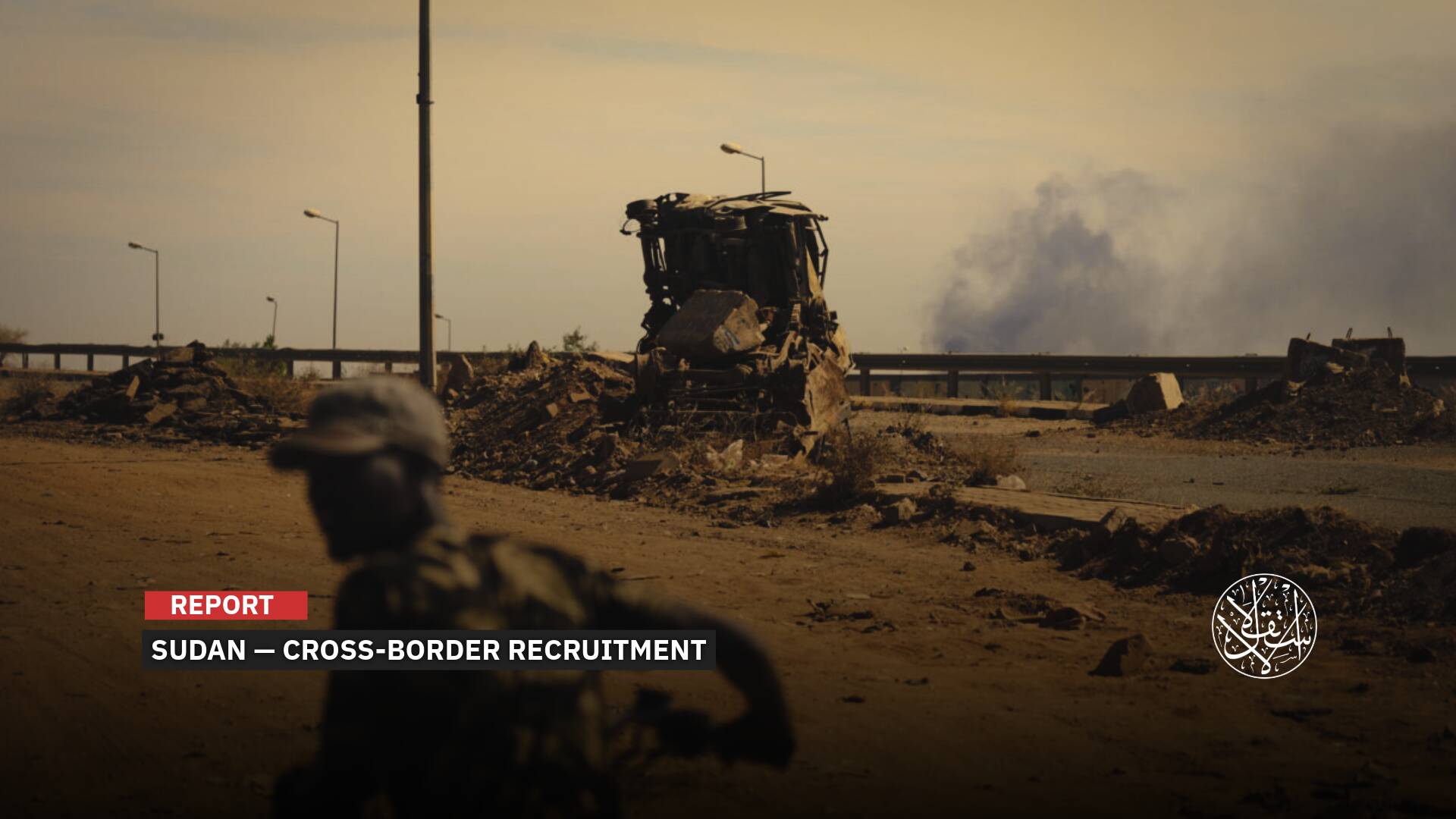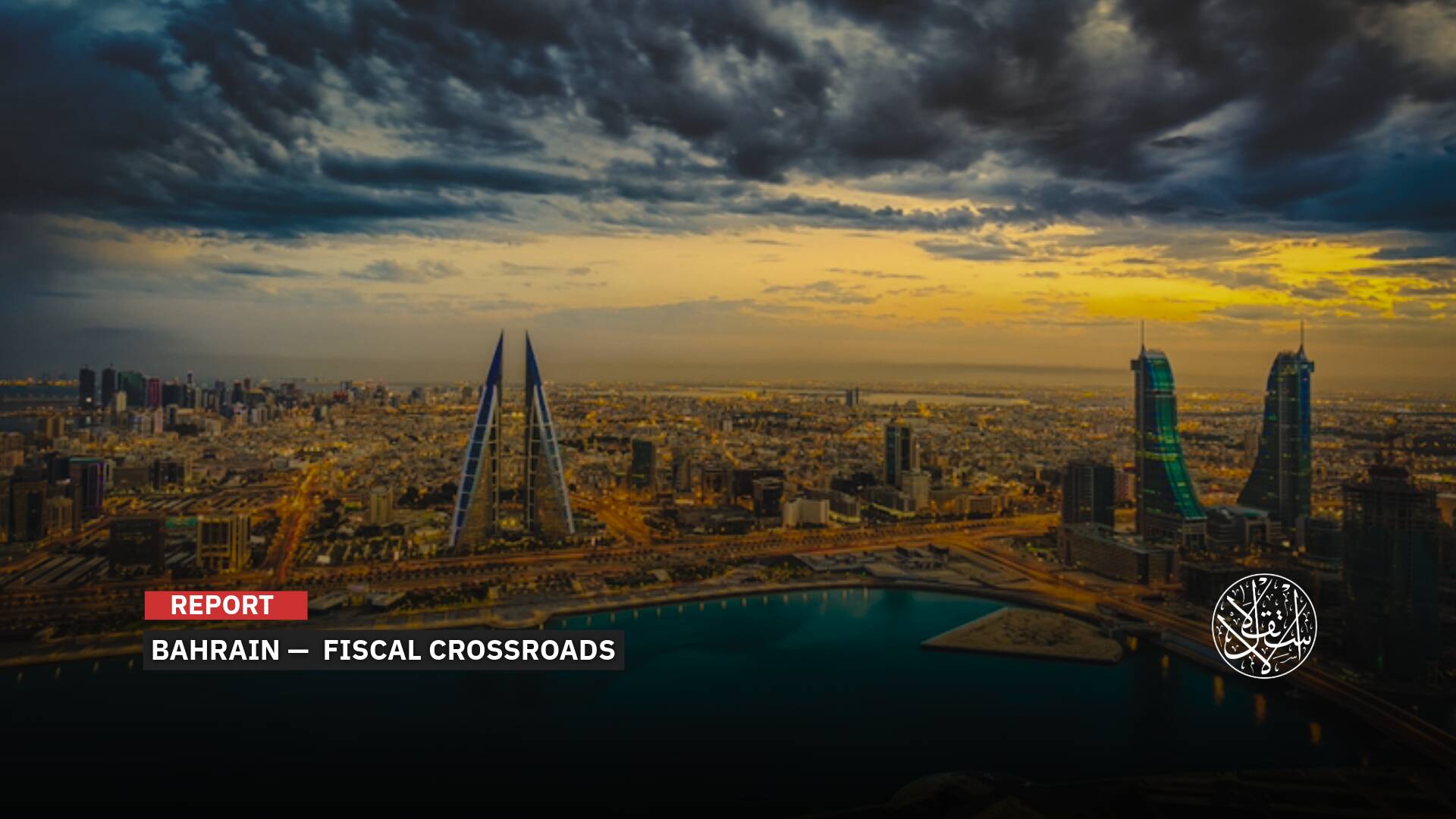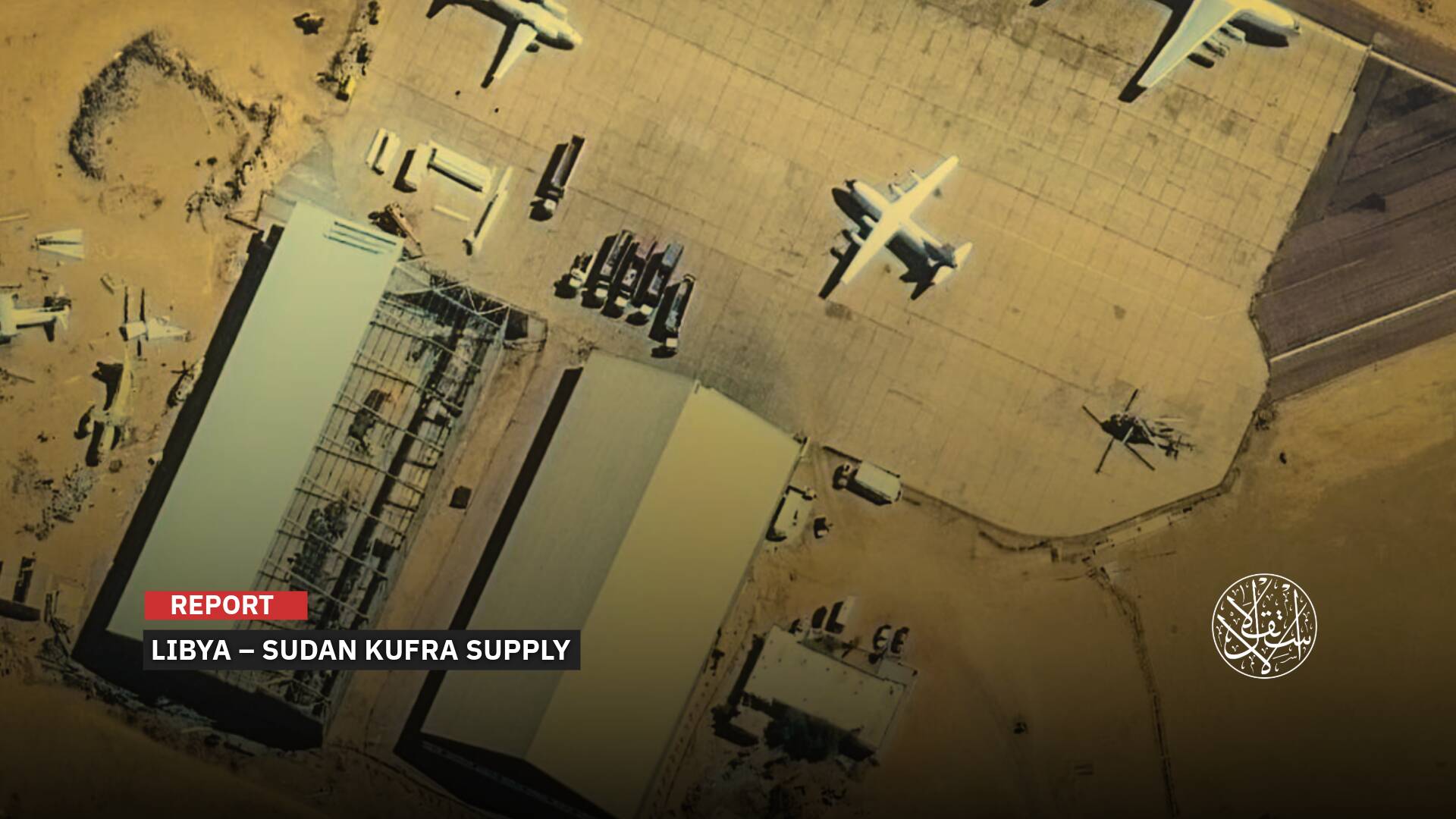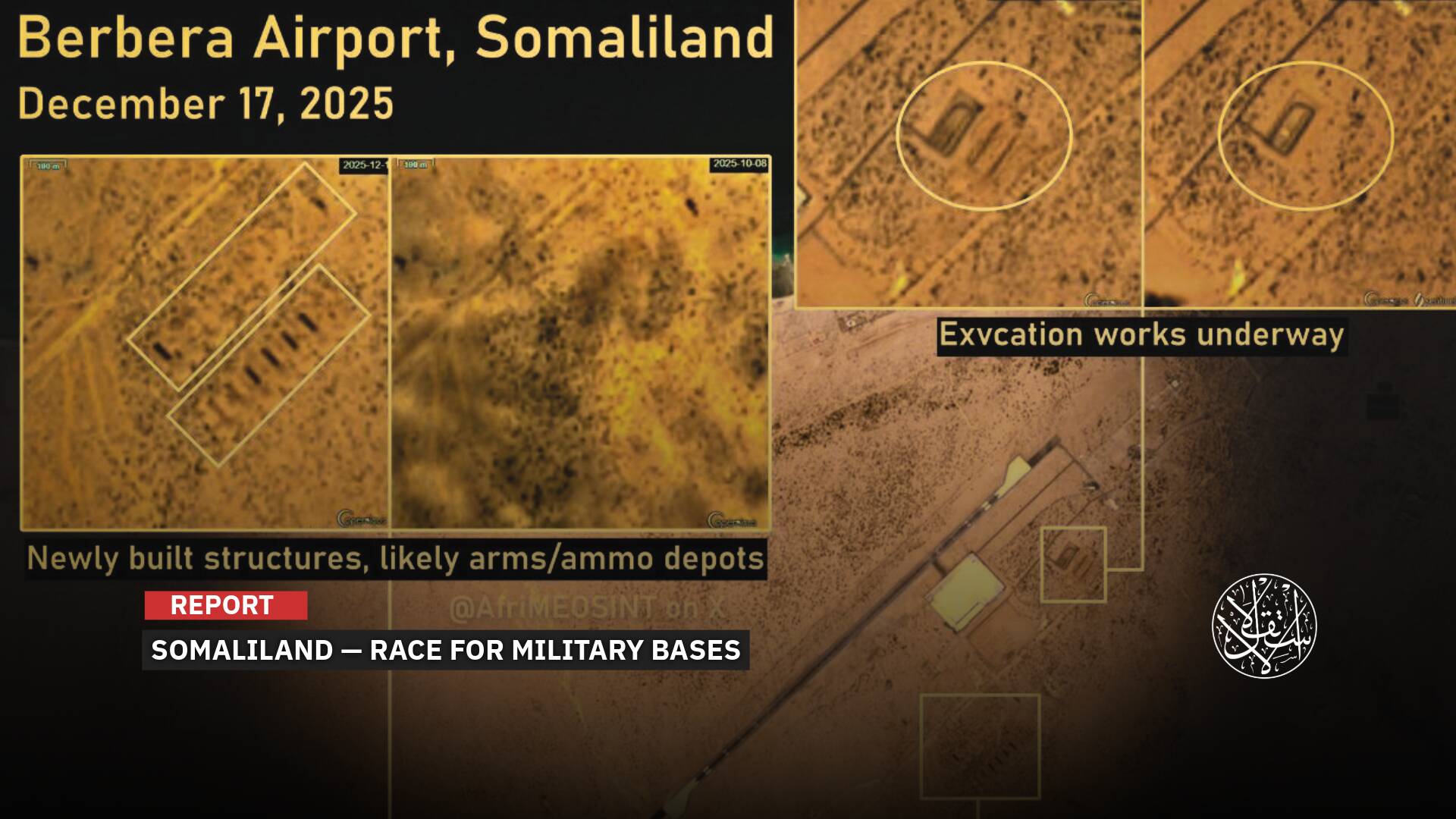Is the USA at the Verge of a Civil War?
.jpg)
British newspaper The Times published an article titled: A year after the Capitol riot, the spectre of civil war haunts America.
The paper says that in the year after the Capitol riots on January 6, 2021, "there is no shared trust in U.S. institutions," and the United States appears to have "lost its anchors."
Similar speculations support what Sarah Baxter wrote, like Canadian author Stephen Marche, who wrote a book titled: “The Next Civil War: Dispatches from the American Future”, where he sees that America is barreling towards catastrophe.
Marche predicts the terrifying future collapse that so many Americans do not want to see unfolding in front of their eyes.
He spoke with soldiers and counter-insurgency experts about what it would take to control the population of the United States, and mentioned that the battle plans for the next civil war have already been drawn up.
In his blend of reporting and well-grounded prediction, Marche argues that Trump and the insurrection itself are essentially symbolic, far more effect than cause in the winter of American discontent
The U.S., he believes, is spiraling into disaster, its political and legal systems polarized, paralyzed and rejected as illegitimate by millions of citizens. The time and place of the next Fort Sumter—site of the opening salvo of the (first) U.S. Civil War—is impossible to predict, Marche writes, but that such an event will happen is a near certainty. Unless, of course, he adds in an interview, it already has: “I think January 6 might just have been the new Fort Sumter.”
Fueling Violence
In an interview with international security expert Barbara Walter at the University of California, she said that some Americans are "thrilled by the idea of civil war," adding, "I get emails from people saying, "We need some executions, and the country needs change."
Walter expressed surprise at the impunity of the January 6th demonstrators, "They really thought that what they were doing was morally correct or justified, it never occurred to them that this was illegal. They felt it was their national duty. They were regaining their country," she said.
Walter argues that "America is closer to civil war than we think." "Most Americans cannot imagine another civil war in their country.”
“They assume that our democracy is too flexible, too powerful to turn into conflict, or they assume that our country is too rich and too advanced to turn on itself, but that's because they don't know how civil wars start."
She believes that until the date of the Capitol events Americans was not willing to accept that their country was divided, and that a subset of the white population was not only interested in democracy, but was willing to use violent means to maintain its grip on power.
"The United States is very democratic in terms of all its freedoms, but the fact that our elections are run by local party organizations and that the executive branch has become stronger over time makes it totally undemocratic in other ways," Walter said.
Author Barton Gilman issued a similar warning in The Atlantic, saying January 6th was an "exercise" and that Trump's "next coup" had already begun.
Three retired army generals have recently amplified these concerns in The Washington Post. They claimed: "We were very afraid of the idea of a coup next time. There are signs of possible unrest in our armed forces. On January 6, more than one in ten of those accused in the attacks have a service record in the army."
Walter predicts terrorist attacks and events that result in significant loss of life that could force Americans who fear for the family and the country to take sides. "Civil wars are incredibly devastating. You will leave scars for generations."
Unprecedented Polarization
A Vox extensive report by Zack Beauchamp shares the same concerns for the future of American democracy.
Jennifer McCoy, a political scientist at Georgia State University, has a term for this: “pernicious polarization.”
In a draft paper, McCoy and co-author Ben Press examine every democracy since 1950 to identify instances where this mindset had taken root.
One of their findings is that none of America’s peer democracies have experienced levels of pernicious polarization as high for as long as the contemporary United States.
“Democracies have a hard time depolarizing once they’ve reached this level,” McCoy told the Vox reporter. “I am extremely worried.”
A deep dive into the academic research on democracy, polarization, and civil conflict is sobering.
“Virtually all of the experts I spoke with agreed that, in the near term, we are in for a period of heightened struggle. Among the dire forecasts: hotly contested elections whose legitimacy is doubted by the losing side, massive street demonstrations, a paralyzed Congress, and even lethal violence among partisans.” Beauchamp said.
Lilliana Mason, a Johns Hopkins University political scientist who studies polarization and political violence in America, warned of a coming conflagration “like the summer of 2020, but 10 times bigger.”





